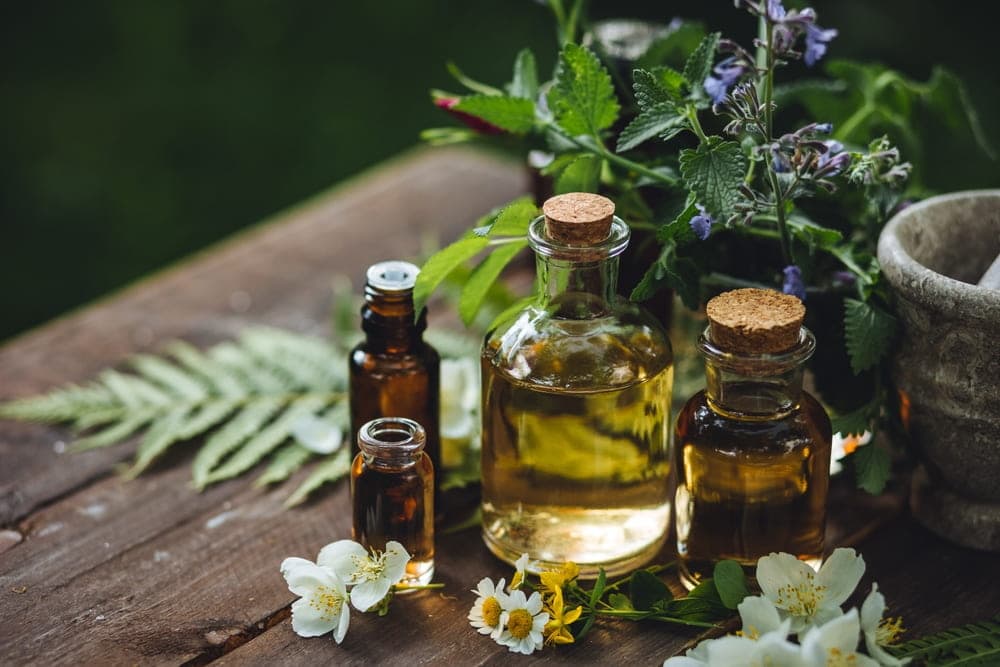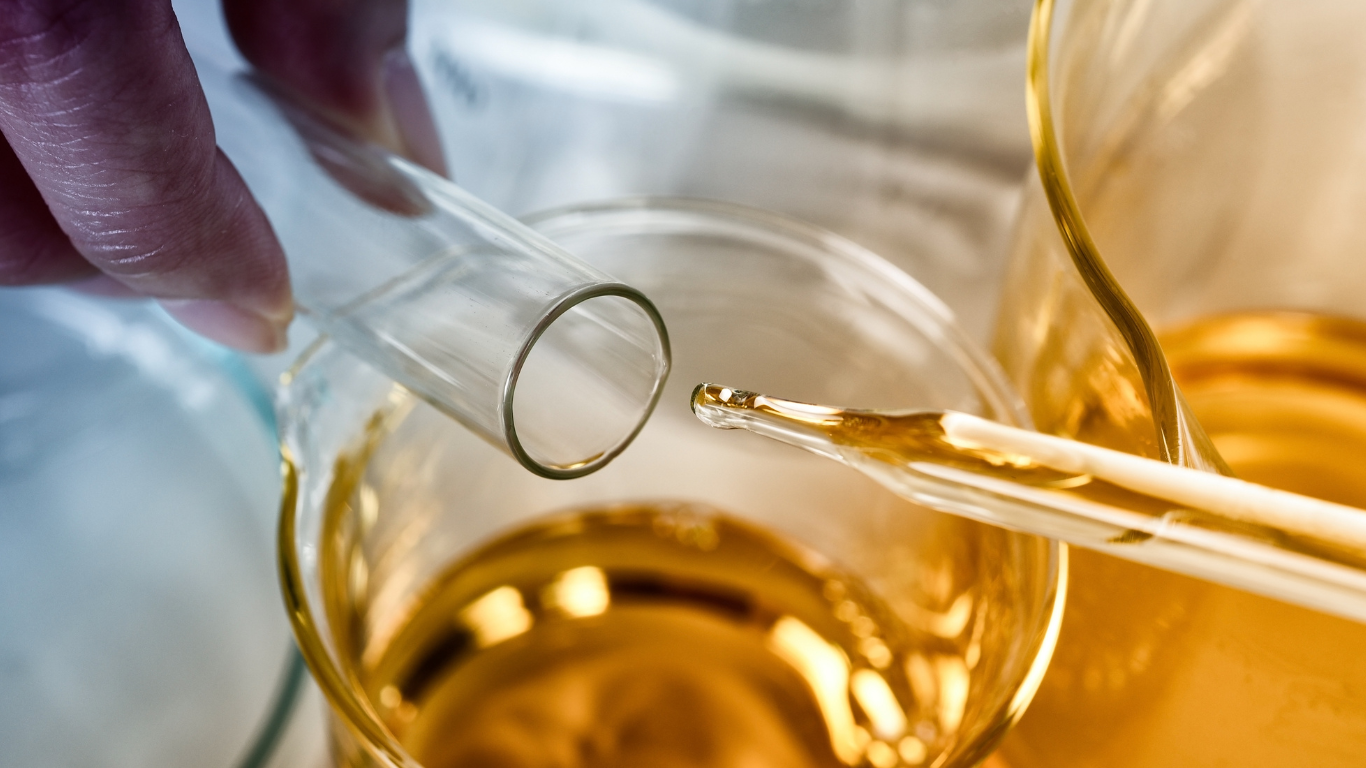Many people have trouble distinguishing between natural and synthetic essential oils, but there are some key differences between these two compounds, which we will cover in this art
:Natural essential oils
First of all, let's take a look at natural essential oils. As the name suggests, these essential oils are obtained from natural sources such as plants, flowers, fruits, and even tree bark
When we say natural, we mean that these scents and odors come from a completely living and organic source. For example, peppermint oil or jasmine essential oil is extracted directly from the leaves or flowers of that plant. Of course, extracting these essential oils is not an easy task. It requires a lot of money and time, and this is why some of these essential oils are expensive

:Benefits of natural essential oils
Special and authentic scent: Perfumes made from natural essential oils have a very special and pleasant scent that you may have a hard time finding in synthetic essential oils
Therapeutic properties: Some of these essential oils, such as mint or lavender, even have relaxing or anti-stress properties
Less allergenic: Since they are derived from natural sources, they are less likely to cause skin or respiratory allergies
compared to synthetic essential oils (of course, it depends on how sensitive your body is to natural ingredients)
:Disadvantages of natural essential oils
Expensive: Many natural essential oils are expensive because they are natural
Shorter shelf life: Many natural essential oils have a shorter shelf life than synthetic essential oils. Of course, this also depends on the type of essential oil
:Synthetic essential oils
Synthetic essential oils are made in laboratories by combining different chemicals. For example, the vanilla scent used in some products may not even contain a single vanilla bean, just chemicals combined to produce the smell of vanilla
Synthetic essential oils can be created in laboratories, from classic scents like orchid and sandalwood to completely unique blends. They may sometimes contain some natural ingredients, but the bulk of the composition of these essential oils is always made up of synthetic compounds. So remember, there is no such thing as a completely natural synthetic essential oil

:Benefits of synthetic essential oils
Affordable: Because the production of synthetic essential oils is not dependent on nature and plant growth, these essential oils are usually much cheaper. That is why many of the cheap perfumes on the market are synthetic
Great variety: Thanks to laboratories, we can experience strange smells or even smells that do not exist in nature. For example, some perfumes are made from compounds that you would not find in nature at all
Long shelf life: Many synthetic essential oils have a longer shelf life due to the use of chemicals
Disadvantages of synthetic essential oils
Potential risks: One of the most important disadvantages of synthetic essential oils is that some of these essential oils may be harmful to human health. It is especially important to be careful if you have sensitive skin or are allergic to certain chemicals
Lower quality of scent: Sometimes you feel that the smell of synthetic perfume seems “artificial.” That authenticity and naturalness of the plant or fruit smell that is found in natural essential oils is usually not felt in synthetic essential oils












